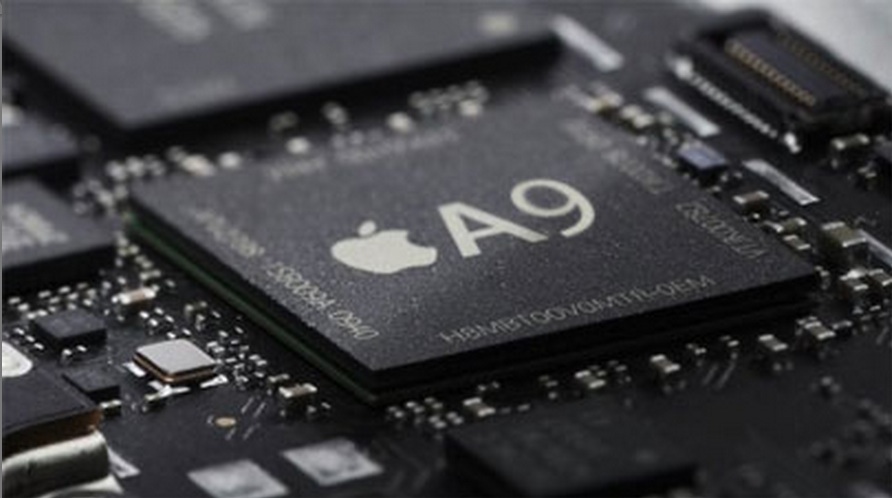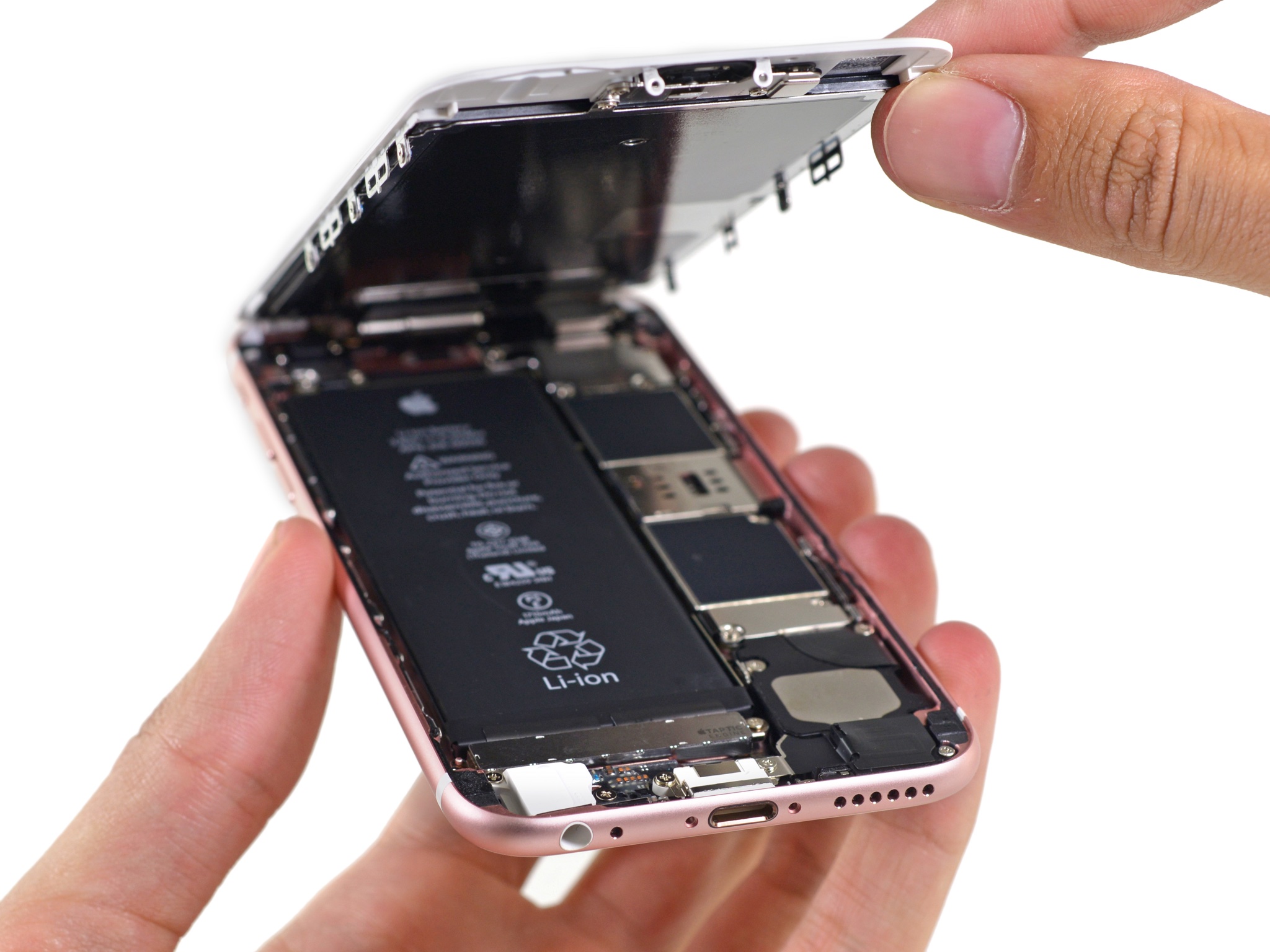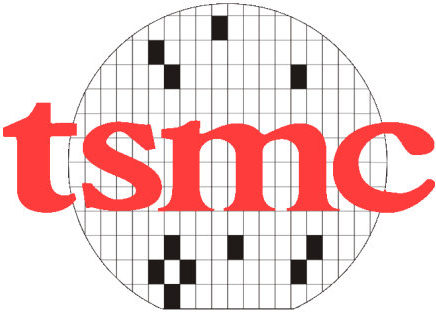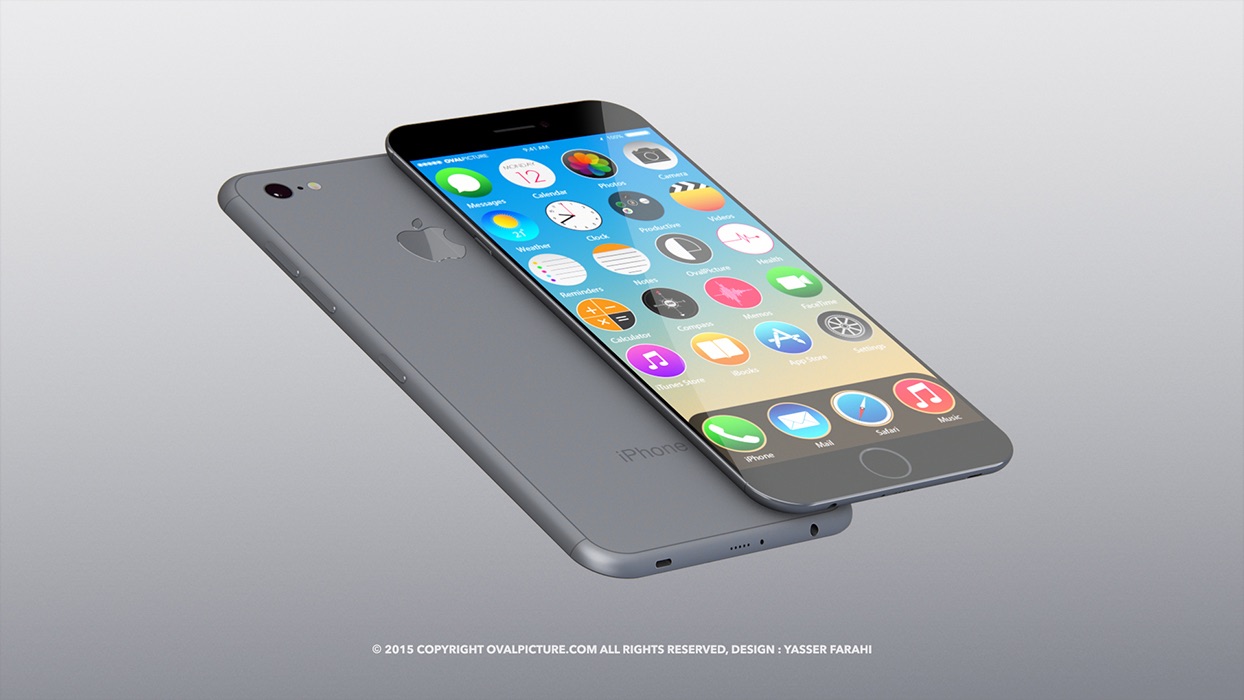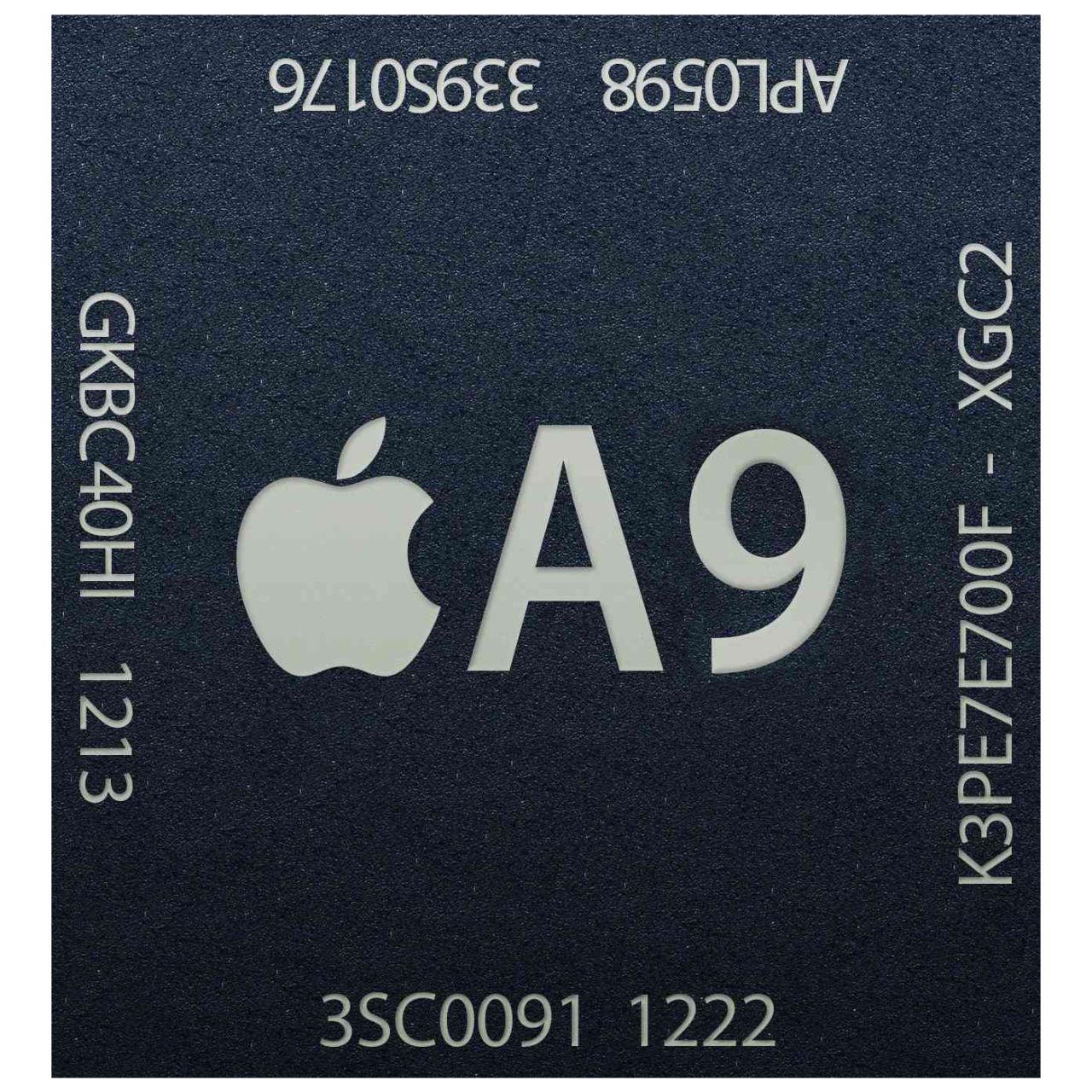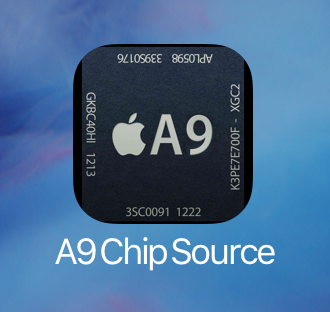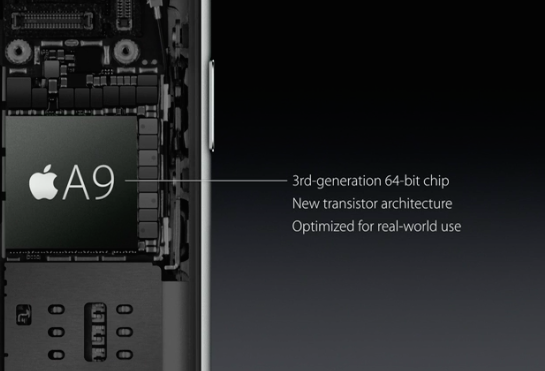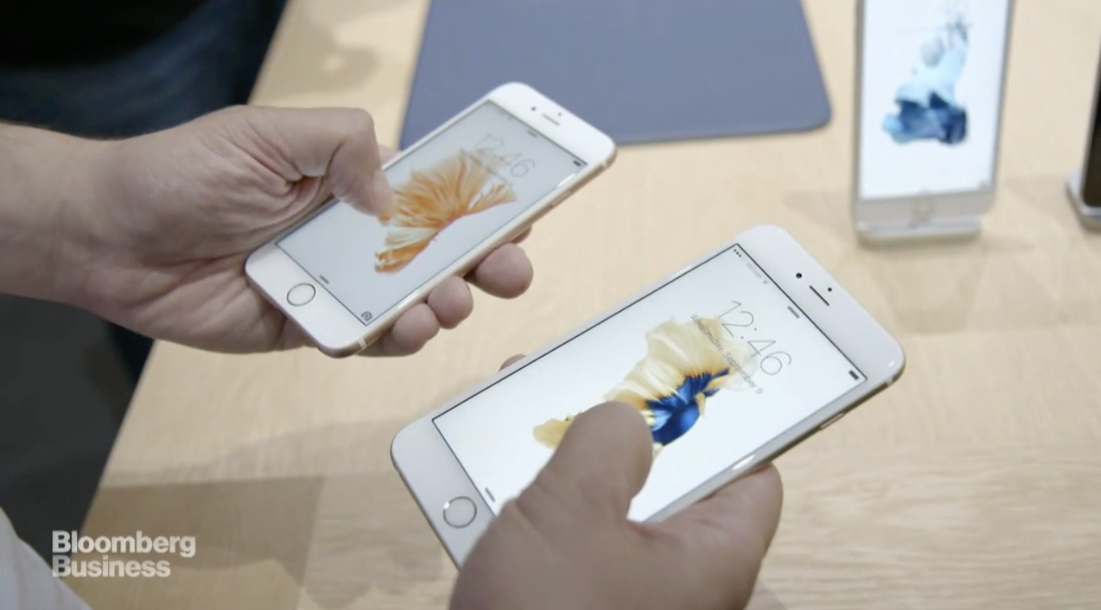Taiwan Semiconductor Manufacturing Company Limited (TSMC), the world's top semiconductor foundry, and ARM holdings plc, a British multinational fabless semiconductor designer, have joined forces to make an upcoming 7-nanometer FinFET process a reality in time for volume production in early-2017.
TSMC currently manufactures the iPhone 6s's A9 chip on its 16-nanometer process, while Samsung-made A9 chips are fabbed on a smaller 14-nanometer process.
The timing of TSMC's seven-nanometer FinFET process suggests it might be used to fabricate Apple-designed 'A11' processors for the iPhone 8 in 2017. By comparison, Intel has said it will produce 10nm node processors in the second half of 2017.
